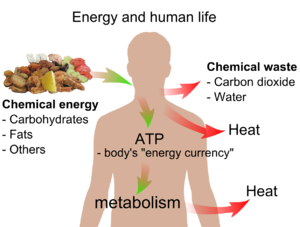BY Ben Schiller Wed Sep 7, 2011
A Belgian company is working on removing the raw materials from dumps, making both energy and building materials out of them, and then redeveloping the land.

[Image: Flickr user D'arcy Norman]
… Dating from the 1960s, the Remo Milieubeheer landfill at Houthalen-Hechteren is a typical dump full of industrial waste and household garbage--16.5 million tons of it in all.
Hardly the sort of the place to get anyone excited.
Except, that is, Patrick Laevers, director of Group Machiels, the Belgian waste management company that owns the site. Laevers has a 20-year plan to excavate the entire expanse, recycling about 45% of its contents, and converting the rest into electricity.
Eventually, … he hopes to turn the site back to nature. What's more, Laevers thinks Houthalen-Hechteren could be the first of many such projects around the world. “We really believe this concept is the future, and that we can all benefit from it,” he says….
Machiels has formed a joint venture with Advanced Plasma Power, a U.K. energy-to-waste company that converts the non-recyclable residue into a mixture of clean-burning natural gas--which generates electricity for 100,000 homes--and a building material called Plasmarok.
Machiels hopes the scheme, which has cost hundreds of millions of dollars, will be fully operational in 2014….
Rolf Stein, CEO of Advanced Plasma Power, says “the mind boggles at the potential” for landfill mining--and not just for energy and recycling. Several companies with landfill sites near cities are looking to reclaim land for property development, he says. …
The concept of mining landfills has been around for years. In the 1950s, the Israelis took soil enriched with waste and spread it over orchards to improve earth quality of the land. And, in the 1980s, some U.S. states farmed landfill material for use in incinerators.
But it has taken rising energy prices and higher demand for recyclables (notably plastic and metals), to make landfill mining viable for companies like Machiels. That, and government support: A key part of the funding for the Houthalen-Hechteren project is coming from renewable energy credits….



 .) …
.) …













